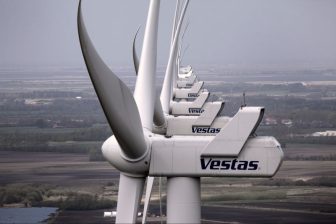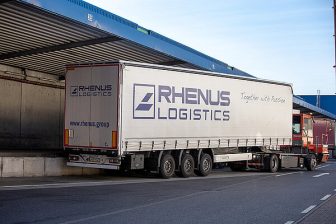
ESL is first shipping company to use Neste’s co-processed marine fuel
The Finnish company, ESL Shipping has turned to Neste’s new Marine 0.1 Co-processed marine fuel, to reduce greenhouse gas (GHG) emissions from its vessels.
This marine fuel is International Sustainability and Carbon Certification (ISCC) PLUS certified, with a mass balance approach, though the GHG emission reduction calculations are not included in the ISCC PLUS certification process during the piloting phase. This co-processed fuel is ISO 8217 compliant, with consistent refined quality. Co-processing is the use of waste as raw material, as a source of energy, or even as both. It reduces greenhouse gas emissions by up to 80% over the life cycle of the fuel, compared to fossil fuels. This was calculated with EU Renewable Energy Directive II (EU)2018/2001.
ESL Shipping, the leading carrier of dry bulk cargoes in the Nordic and Baltic regions, works to minimise the environmental impacts of its fleet, which in combination with AtoB@C Shipping consists of 48 vessels. For example, ESL’s two “eco bulkers” Viikki and Haaga are described as the world’s most eco-friend bulk carriers.
Neste has regularly been included in the Dow Jones Sustainability Indices and the Global 100 list of the world’s most sustainable companies. They are the leading producer of sustainable aviation fuel and renewable diesel and are also developing chemical recycling solutions.
The fuel is currently still in its piloting phase. It is being produced in Porvoo, on the southern coast of Finland, at Neste’s refinery. There, part of the fossil raw materials are being replaced with renewable raw materials in the conventional refining process. Neste aims to make the refinery Europe’s most sustainable by 2030.
This Neste marine fuel is a drop-in fuel, meaning it can be directly substituted for fossil fuels, without costly engine modifications. This is a significant step towards reducing GHG emissions in the shipping industry, which is responsible for 90% of goods transport, and 13% of global transport emissions.



